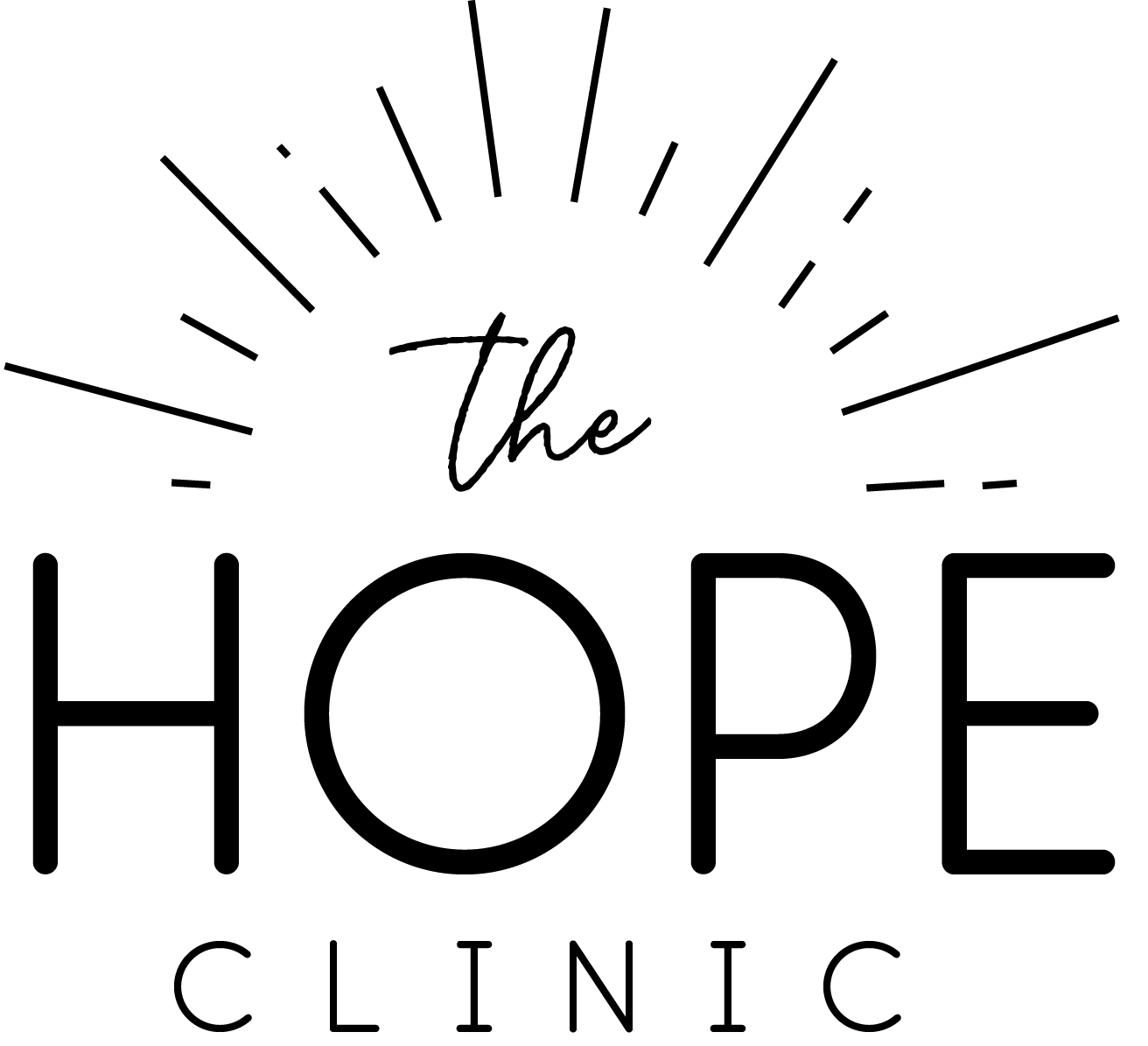If you’re sexually active, there’s always a chance you could become pregnant. While emergency contraceptives, like Plan B, help some women avoid unwanted pregnancy, it’s not always a fool-proof method. Sometimes Plan B fails and when that happens, it’s important to know why and what to do next.
In this blog, we will cover all things Plan B — including how it works, what can cause it to fail, and what to do if you still become pregnant after taking it.
What is Plan B and how does it work?
Also called “the morning-after pill,” Plan B is an emergency contraceptive that can be used to prevent an unwanted pregnancy within the first 72 hours of having unprotected sex.
The over-the-counter medication prevents pregnancy through a three-tiered approach.
It will first prevent the body from releasing an egg (also known as ovulation). If ovulation has already occurred, Plan B will prevent the egg from being fertilized by the sperm. If the egg has already been successfully fertilized by the sperm, the medication’s last line of defense will be to temporarily alter the uterine lining to prevent implantation.
What can cause Plan B to fail?
Plan B can fail to prevent pregnancy for the following reasons:
- Ovulation occurring before taking the medication
- Being overweight or obese
- Interaction with certain medications
Will Plan B harm the fetus if it fails?
Plan B will not work if you are already pregnant, and it has not been associated with any risks related to pregnancy or fetal harm.1
I took Plan B and got pregnant — what’s next?
If you’re pregnant after taking Plan B, schedule an appointment-free of charge at your local pregnancy clinic for information on your pregnancy options and pregnancy screening services.
We recommend taking advantage of the following free services before making a decision regarding your pregnancy:
- Lab-quality pregnancy testing to confirm your pregnancy
- An ultrasound scan to determine the age, location, and viability of your pregnancy
- An options consultation
- Referrals for additional resources
The Hope Clinic exists to help women facing unplanned pregnancies feel confident and empowered as they decide what’s next! Schedule your free appointment today!
Resources:
- American College of Obstetricians and Gynecologists. Frequently asked questions FAQ 114 contraception. 2018. Available from: https://www.acog.org/Patients/FAQs/Emergency-Contraception
